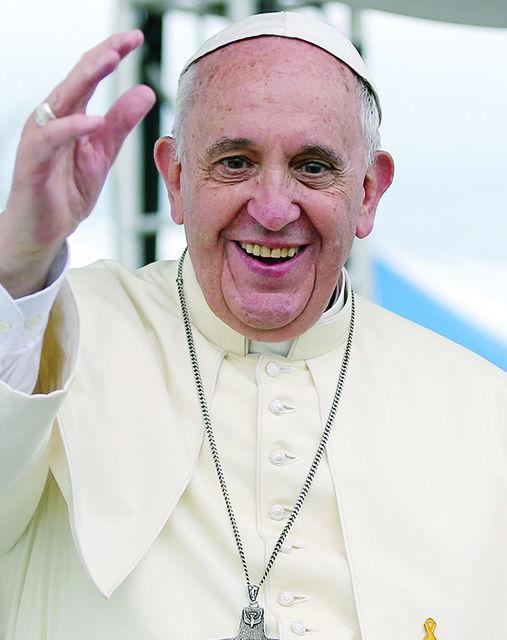The results from the first Pack Poll, a poll conducted several times throughout the year, are in. The poll typically targets the undergraduate students and covers a variety of topics. The newest results touch on everything from religion, sin and the pope. The survey was conducted Oct. 5 and 6.
In the poll, students were asked what they considered to be a sin. Of the 974 poll respondents:
87 percent considered cheating on their partner to be a sin
64 percent considered cheating on schoolwork to be a sin
36 percent considered using energy without thinking of the environment to be a sin
35 percent considered engaging in homosexual behavior to be a sin
Political identification played a role in considering homosexual behavior a sin. About 63 percent of Republicans reported homosexual behavior to be a sin, while only 12 percent of Democrats reported homosexual behavior to be a sin.
Of the students who responded to the poll, 44 percent identified as Democrat, 40 percent identified as Republican and 17 percent identified as Independent.
On the topic of religion, 34 percent identified as Protestant, 15 percent as Catholic, 14 percent as atheist, 15 percent as agnostic and 22 percent as other.
However, other issues, like cheating on a partner and homework, were not split by political partisanship.
“We noticed that, interestingly, cheating on the partner was the most sinful thing for students and that party identification did not matter in that specific case but was a major issue in all the other cases considered,” said Alessandro Da Rold, a student studying international studies who worked with Pack Poll.
The Wolfpack’s student opinion on Pope Francis was high, with 85 percent of students saying they held a favorable opinion of the pope. However, when given the option to say they had no opinion, only 59 percent of students were favorable of the pope and 9 percent were unfavorable. The remaining 32 percent had no opinion.
“A third of students said they didn’t have an opinion about the pope, which was surprising,” said Michael Cobb, Pack Poll advisor and associate professor of political science. “There are not that many famous public figures like that, so it is surprising that many did not have an opinion.”
Students who worked with Cobb on creating the poll were also surprised by the results.
“One of the most surprising parts of our findings, in my opinion, was the fact that people were not paying much attention to Pope Francis’ visit to the U.S.,” said Tyler Michels, a senior studying political science. “Despite the pope’s visit being covered quite extensively by major news media organizations, students were largely uninterested in his visit.”
Of the students who paid attention “fairly closely” or “very closely” to the pope’s visit, 56 percent were Catholics and 33 percent were non-Catholics. Out of Catholics who called themselves Republicans, 68 percent followed the pope’s visit very closely, as opposed to only 43 percent of Catholic Democrats.
“We do more than one survey a semester,” Cobb said. “We do one large pole with a lot of questions and topics, and we do small polls focused on a smaller topic. This is the first poll we did this semester, and we did it on the pope because the pope visited, and it was a historic moment (with) the particular comments he made.”
There will be another Pack Poll toward the end of the semester, which will focus on abortion, higher education, gun control and presidential candidates, according to Michels.
“Young people are more likely to believe in climate change or global warming more than adult population,” Cobb said. “Young people are more likely to be raised environmentally conscious. They recycle. In my generation, my cohort, recycling was not even a word. If you think something is a problem, it’s sinful to contribute to that problem.”








